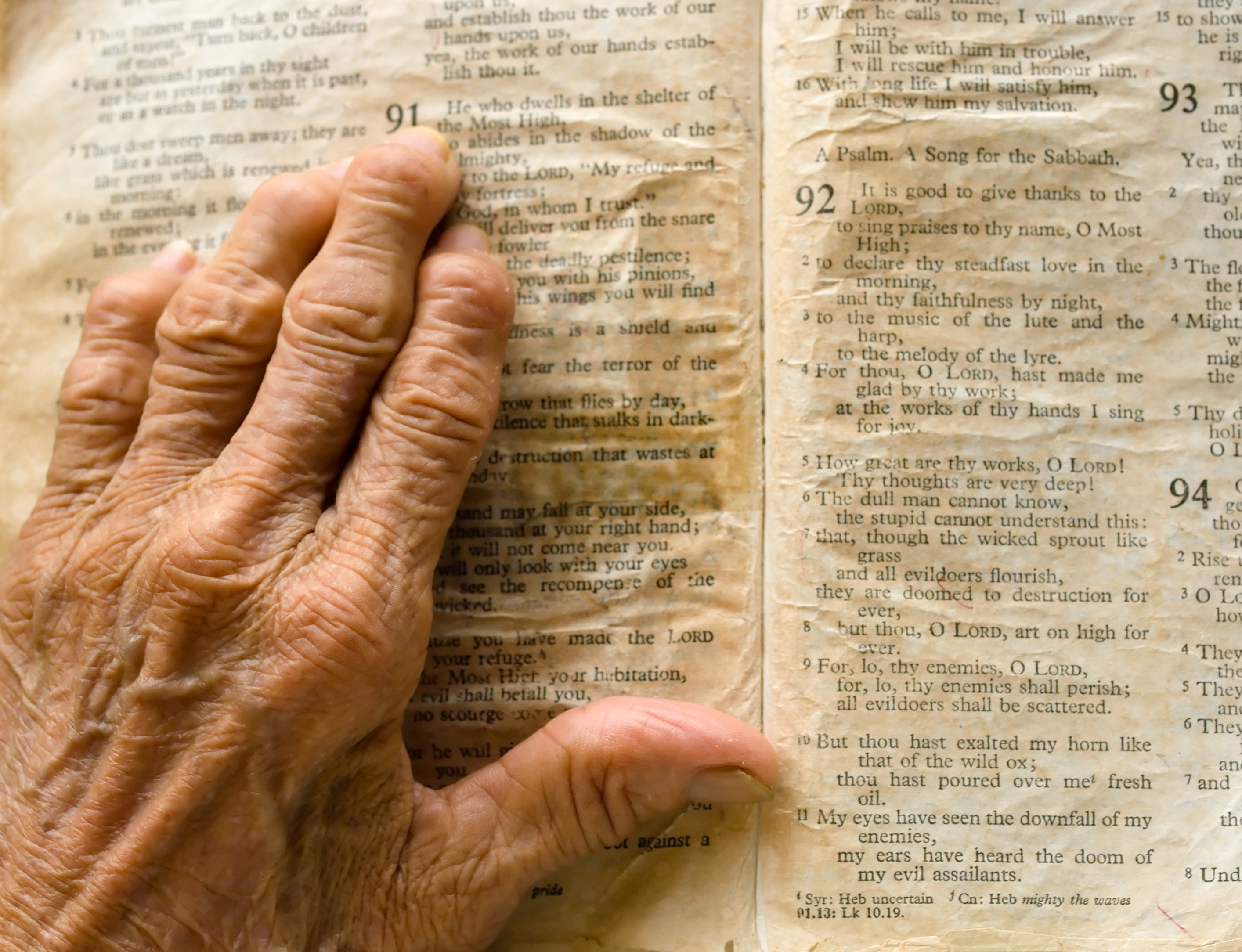The Son of God in Humanity

One of the challenging concepts of the Christian faith is the absolute humanity and deity of Jesus Christ. It is of utmost importance when considering the person of the Son of God to remember that no one but the Father has full knowledge of Him. This is true whether considering His deity or His humanity. God knows absolutely, intrinsically, essentially; we do not. With us, knowledge is dependent altogether on revelation from God. Remembering this will check the tendency to engage in speculation on what has not been revealed. However, we should not be deterred by the greatness of such subjects as the qualities of the Son of God and forbid ourselves from careful consideration of them. Investigating these holiest subjects carefully using Scripture and prayer can draw the believer closer to the God who loves him.
Much has been said by others about the so-called human limitations of the Lord Jesus. Some have robbed him of his true glory as a divine Person by claiming that the human body he took for himself contradicts the fact He was divine. Yet, we know that scripture explicitly states He is God; in fact, He is given the name Immanuel, God with us. In order for Jesus Christ to possess the truth of his name Immanuel, he must both be fully God and man. In John 1 we see the Word who was (and is) God was made flesh and dwelt here among men on earth. Many other evidences in Scripture show us Jesus Christ is fully God. Let us consider briefly how Christ’s deity interacted with His humanity while walking here in this world.
As a man, Jesus Christ had full divine power and could and did use it. He also possessed full divine knowledge: He knew all things and knew them absolutely and essentially. He was pleased to assume the form of a servant, to enter into human conditions, and the limitations of men. It was not as God that He grew in stature and wisdom (Luke 2:52), but as a man. He perfectly fulfilled these human conditions and never drew on His divine power and wisdom merely for Himself, however freely used them for others. He trod the path here on earth as men have to tread it. Men need the counsel of God and wisdom of God. In man’s path, the Son of God sought the wisdom of God, sought where God had put it for them, and found it. He could say, "I will bless the Lord, who hath given Me counsel" (Psalm 16:7). In all His human conflicts He used only the means which God has provided for men to gain their triumphs-the written word of God. For example, He did not meet the devil in the desert with His divine power, but turned to what God had written for men to live by. "It is written" was His answer-His often repeated answer.
So always all along His human path He depended on the provision which God had made for those who were in the path. In matters about which God had not spoken, He did not necessarily turn to His own divine knowledge. Consider the following example. In Mark 13:32, the Lord is speaking about the coming of the Son of Man in the cloud with power and glory at His second coming. God has not revealed the day of this great event and furthermore has not spoken a word to men on the subject of the hour when this event will take place. So the Lord Jesus as the perfect servant of the Father does not draw on His divine knowledge. As a Man in man’s place of dependence on what God has revealed to men and for men, He speaks, "But of that day and hour knoweth no man, no, not the angels which are in heaven, neither the Son, but the Father". How quickly do we tend to offer an often hasty and sometime foolish answer to a question, while our Savior responds with such humility? Let us be exhorted to remember, "In the multitude of words there wanteth not sin: but he that refraineth his lips is wise" (Proverbs 10:19)
There is NO need to deny Christ’s deity in order to consider these things. If the very Son of God Himself could come down into our human path of dependence, and there perfectly fulfill the human conditions of that path, what honor has He thus put upon the path? If He could restrain the use of His absolute power, and tread the path down here as a mere man, although He were much more than this, does he not teach for us the blessedness of the privilege it is for us to tread a path the way He did: in submission to God’s will and in the energy of the Spirit? Do we hope for the Lord’s coming so the wrongs in our lives can be righted? Or are we willing to walk here in obedience to God, content in whatever state we are in? (Philippians 4:11)
The Lord help us to abide in the truth, and above all, the truth of His person. While we trace His human path, we must realize how perfectly human He was, the pure and complete meal offering to God. Yet, He never lost the divine glory that everywhere shone forth as manifesting Him to be the One who had in grace assumed a human form. He was the Son of Man, the Last Adam, the second man. The only man who perfectly fulfilled God’s intentions for how man should be. May we be energized to live as ambassadors for Christ, the salt of this tired, weak world. All glory and honor to the Lord Jesus Christ.
Contributed by Kevin G.




